What I’m thinking about
Recently, I asked the members of two Facebook groups for caregivers what they wished someone had told or taught them about being a caregiver before they became one. Here is a sample of the answers I received:
How to balance my job and caregiving.
How to manage the mounds of bills and paperwork.
How to give my mom a really good haircut.
How to pick my dad up off the floor without hurting myself.
How to unplug feeding tubes and use condom catheters.
How to look out for infections, like urinary tract infections or infections in skin creases.
How to flip and change my loved one in three minutes like professional caregivers do.
How to deal with the hopelessness he feels and all the hostility that comes from it.
How out of all my family members, I would be the only one who helps.
How I would lose more than just my mom.
The scope of our caregiving roles – both the number and the variety of skills we need to learn – always surprises me. But while I’m surprised by the scope, I’m also shocked that most of us end up learning these skills without any training or support.
Let’s focus in on our medical responsibilities, setting aside other common financial, legal, and emotional ones. For my part, I was never taught how to talk my mom through a paranoid episode or evaluate a medication taper schedule – but I’ve done both dozens of times over five years as her caregiver.
One one hand, I know that the health care system recognizes the impact that we have on our parents’ lives. Doctors understand that we can help them take their medication more consistently (patient compliance) and come back to the hospital less frequently (hospital readmissions). These factors are important to their bottom lines and to our families.
On the other hand, I know that most of us are still under-supported or unsupported, caring for our parents at home without access to the training or support that could help us thrive. As one caregiver (and Facebook group member) put it, “I googled and I prayed.” Oof.
How might we fix this? I’m hopeful that my business and the other resources I share in this newsletter can help, but I think we can do more. I have a few ideas, but I’d love to hear yours, too. What do you wish someone told or taught you about caregiving? What kind of training or support have you received? What kind have you needed?
Talk soon,
Libby
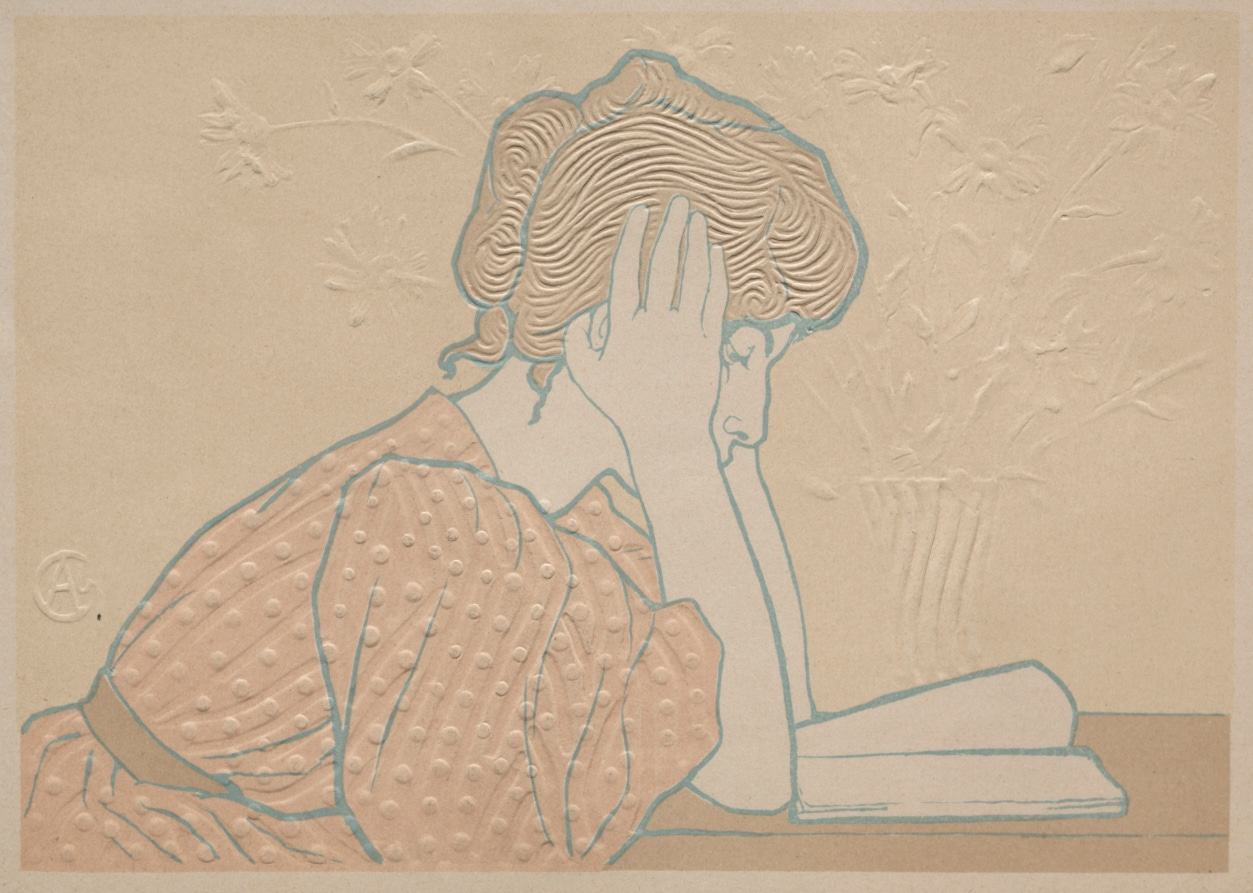
Young Woman Reading, Alexandre-Louis-Marie Charpentier, 1896 (Cleveland Museum of Art)
What I’m reading this week
Stephanie Danler, author of the bestselling book Sweetbitter, published a memoir about her troubled relationship with her parents.
“How do I mourn with members of my faith if I can’t be with them?”
On the many challenges of being a family caregiver and a Millennial.
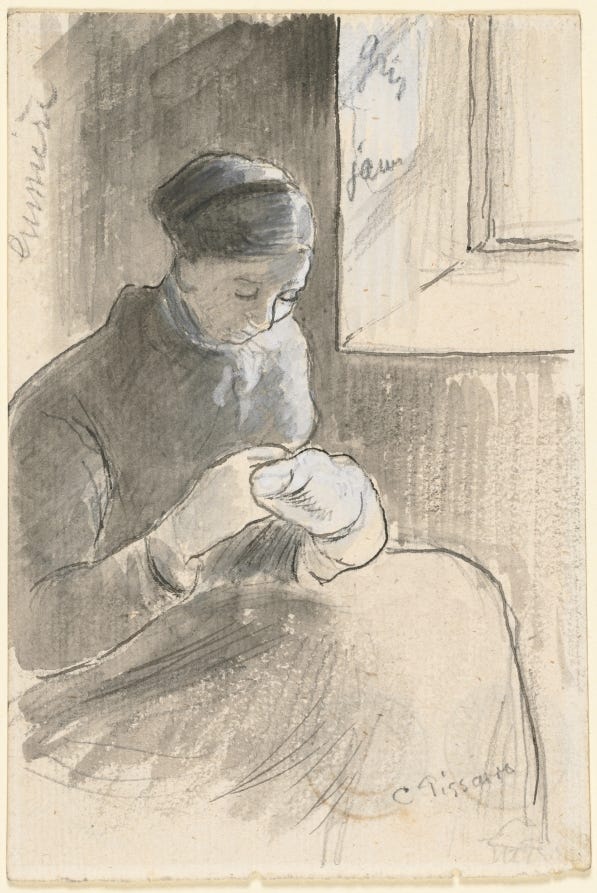
The Mender, Camille Pissarro, c. 1881 (Cleveland Museum of Art)
One Good Resource
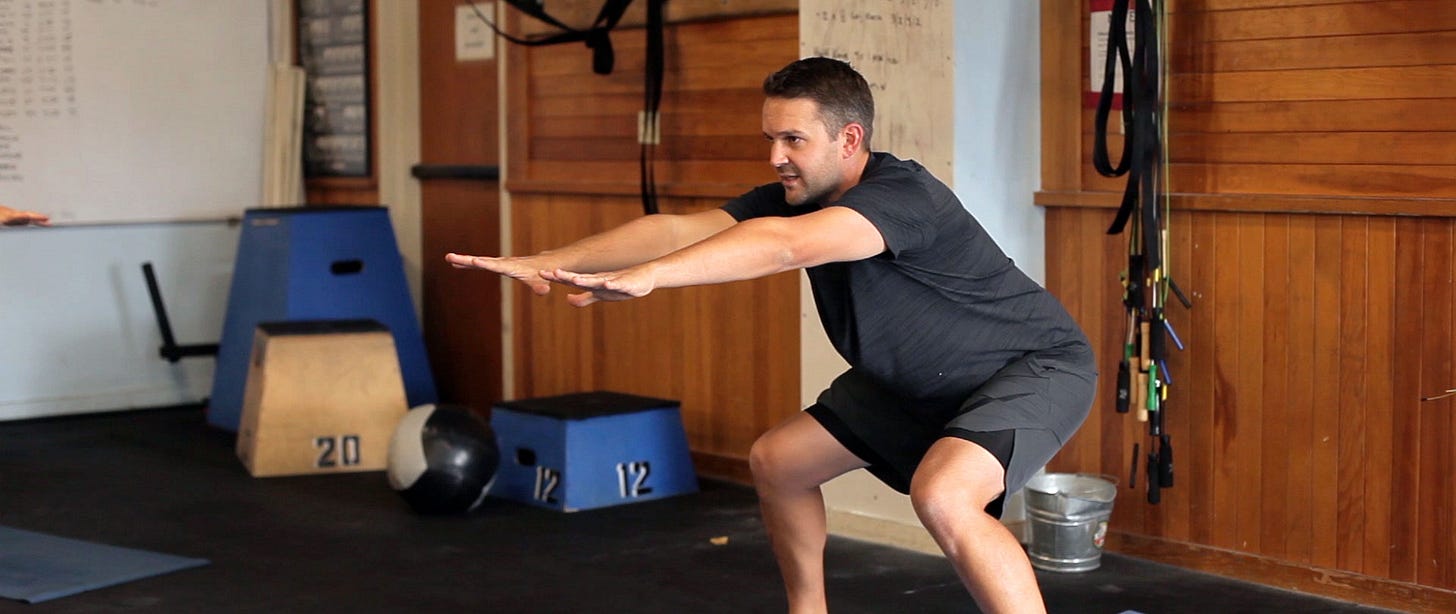
The Parkinson’s Fitness Project is a fitness studio that offers classes and personal training designed for people with Parkinson’s disease. They offer virtual classes for $29 per month through an online platform and in-person classes at two studios in the Seattle, WA, area.
Before starting The Parkinson’s Fitness Project, its founder Nate Coomer worked with people with neurological disorders as a physical therapist for 10 years. During that time, he noticed that the traditional “stop and go” pattern of physical therapy wasn’t a good fit for Parkinson’s disease, since its progression is typically more gradual.
While I don’t have a lot of personal experience with Parkinson’s disease or any with this studio, I am very impressed by how it frames its mission and services. I also love that it offers online classes. If people are going to live in their homes as they enter later life, they need supportive services – really good ones – that can come to them consistently and adapt to them gradually. There aren’t too many of those, but The Parkinson’s Fitness Project seems like it’s one.
One Good Quote
The world has signed a pact with the devil; it had to. It is a covenant to which every thing, even every hydrogen atom, is bound. The terms are clear: if you want to live, you have to die; you cannot have mountains and creeks without space, and space is a beauty married to a blind man. The blind man is Freedom, or Time, and he does not go anywhere without his great dog Death. The world came into being with the signing of the contract. A scientist calls it the Second Law of Thermodynamics. A poet says, "The force that through the green fuse drives the flower/ Drives my green age." This is what we know. The rest is gravy.
Poet Annie Dillard on the nature of life cycles — in a essay from 1973 called “The Force That Drives the Flower.”
One Good Book
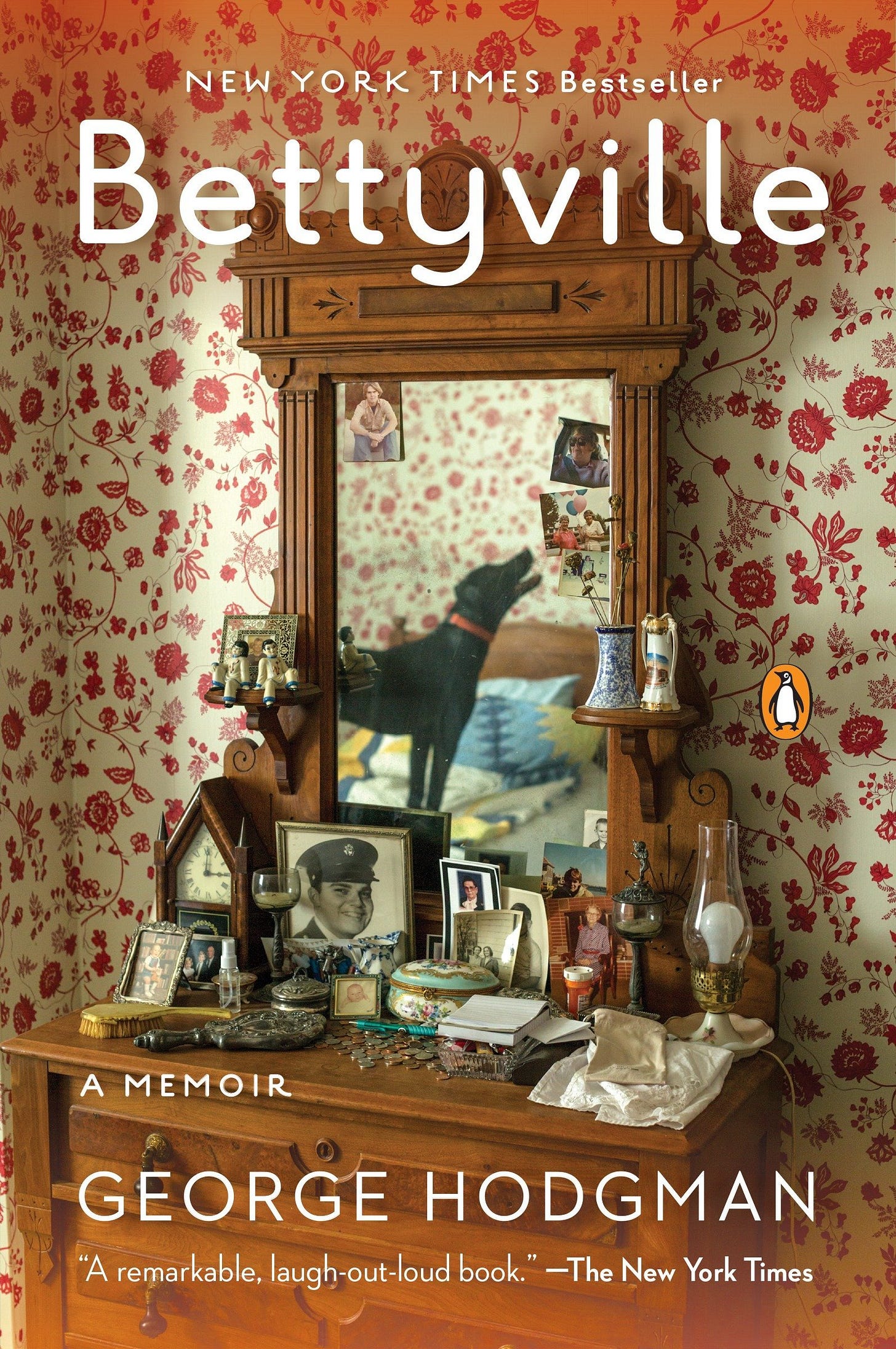
“Bettyville: A Memoir” by George Hodgman
You know what? I tried, and I don’t think I can make a better pitch for this book than the one that Alison Bechdel, who is a cartoonist and the author of Fun Home, did. Here it is:
The idea of a cultured gay man leaving New York City to care for his aging mother in Paris, Missouri, is already funny, and George Hodgman reaps that humor with great charm. But then he plunges deep, examining the warm yet fraught relationship between mother and son with profound insight and understanding. This book looks outside, too, offering a moving lament for small-town America. Hodgman tenderly evokes the time before family farms and small businesses were replaced by meth labs and Walmarts. Yet he's not sentimental about that lost world—he knew its cruelties firsthand. As George and his mother come to terms with one another at the end of her days, the book begins to shimmer with something much more rare than love: a boundless, transcendent, and simple kindness. Bettyville is a beautiful book about the strange plenitude that comes from finally letting go of everything.
One Good Ad
I’d love to share your business, product, or service with the people who read this newsletter. Reply to this email to get in touch.
Are you worried about your parents? I want to help. Through my business, Quilt, I offer a new kind of online support for people who care for their aging parents that includes phone or video check-ins & unlimited support over email.
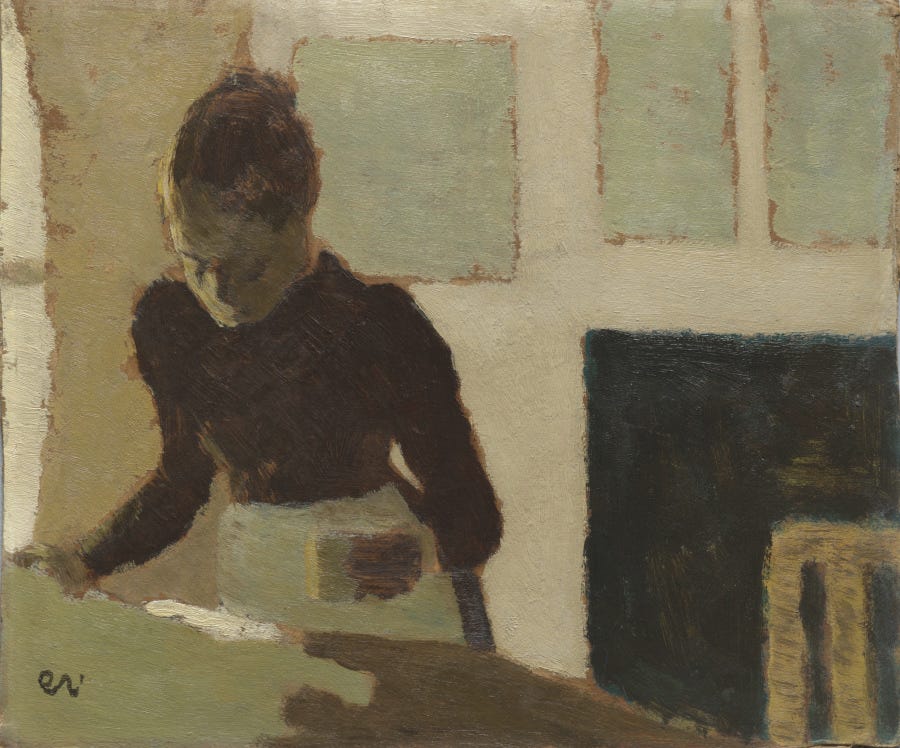
Laundress, Edouard Vuillard, 1892 (Cleveland Museum of Art)
One More Thing




